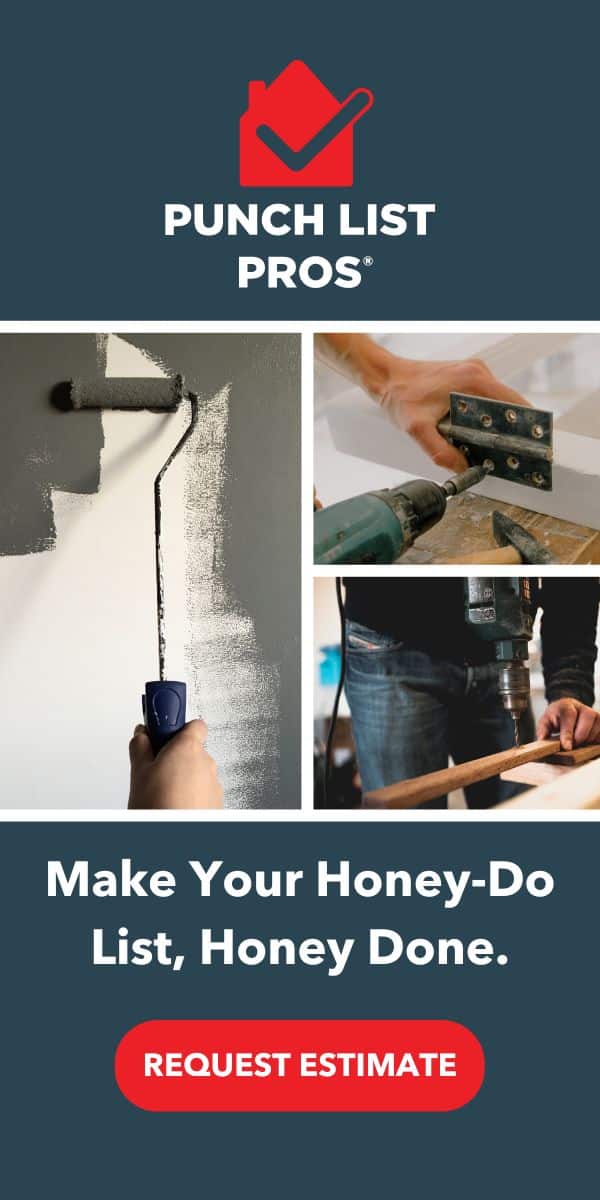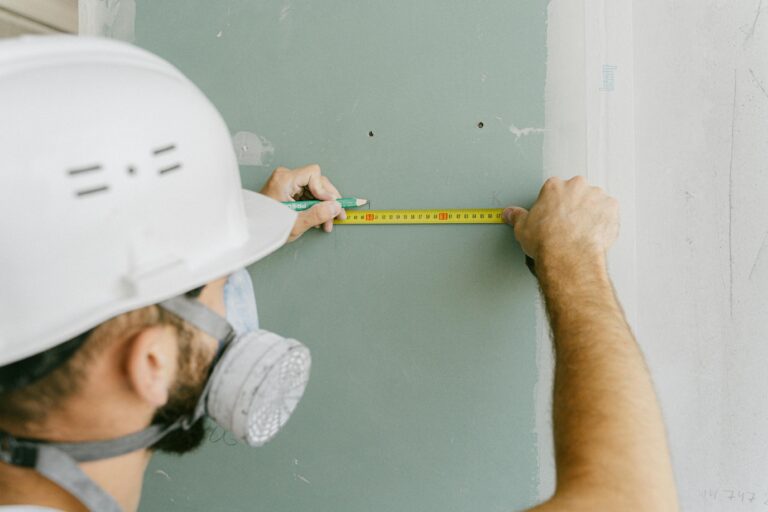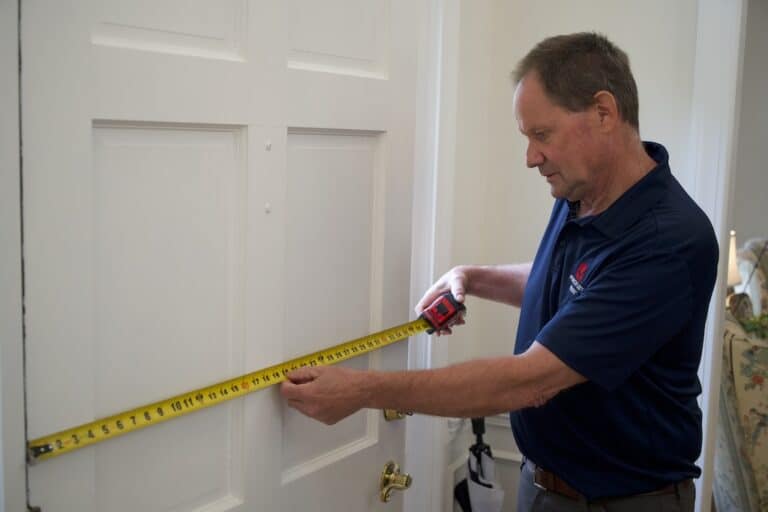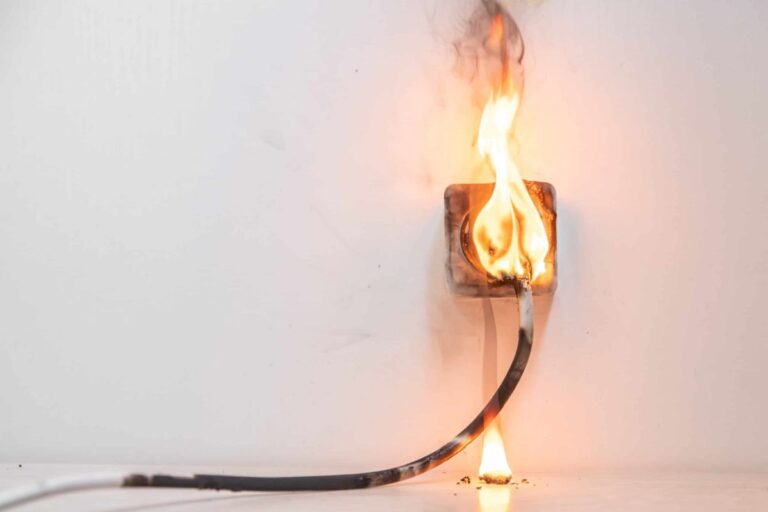Over half of neighborhoods now have some type of HOA. What does that mean for you if you choose to buy a house in such a place? And how can you avoid paying lots of your hard-earned money in HOA fines?
What is a Homeowners Association (HOA)?
People often pay much more money to live in neighborhoods and communities where there are rules in place to keep the property value high and to make the community attractive and keep it in good condition. To do this, many communities have HOA groups.
HOA definition:
An organization with legal authority to create and enforce rules and regulations for a subdivision or condominium building.
Board members generally meet together periodically to discuss potential issues and to issue HOA fines to those residents who break the rules.
HOA VS HOA management
The HOA board is often made up of volunteers from the community who handle all the business for the HOA. In larger communities, board members may elect to hire HOA management companies to assist with managing the property.
The exact responsibilities and roles may vary depending on local, state, and federal laws, as well as the HOA governing documents.

HOA responsibilities
The HOA board has certain responsibilities like making decisions, hiring vendors, and adopting policies. They often oversee the maintenance of common areas, clubhouses, swimming pools, and other amenities. In some cases, they may handle managing sanitation services for the community, as well. The HOA collects dues, enforces regulations and rules, and pays for certain community expenses.
HOA management responsibilities
Homeowner association management companies help shoulder the load of the HOA’s responsibilities by consulting and giving recommendations to the board of directors, carrying out the decisions and policies the board approves, and handling accounting and records.
The management company bills homeowners, reports delinquent accounts at HOA board meetings, gives out delinquent notices, and coordinates legal action on behalf of the board along with the HOA’s attorney.
HOA managers are generally the main contact point for homeowners. They also take care of administrative services and property management. They do property inspections for rule violations, handle maintenance issues, and ensure all vendors’ work complies with contracts.

Homeowners responsibilities
Homeowners have specific responsibilities, as well. They commit to follow the HOA rules and help keep the neighborhood clean so that everyone’s property value stays high.
The HOA protects homeowners from having neighbors who might let their property become run down or trashy. Everyone takes responsibility to keep their property neat, orderly, and up to the agreed upon standards.
What do HOA fees cover?
An HOA fee is the monthly or yearly cost a homeowner must pay to the HOA. These fees cover landscaping and lawn maintenance for common areas, upkeep for amenities, the cost of the property management service, HOA website maintenance, security, and other common expenses for the benefit of the HOA community.
Average HOA fees are about $200 per month although they may range from around $100 to $700 per month.

Pros and cons of an HOA
There are some definite advantages to living in an HOA governed neighborhood. Property values tend to stay high. The neighborhood is usually beautifully landscaped and sometimes has amazing amenities, almost like a resort.
Generally, the area is kept extremely clean and everyone’s yards are beautifully manicured. HOA boards can also mediate disputes between neighbors regarding broken regulations.
The downside to having a thick book of HOA rules is that some people may feel a lack of freedom. Rules can be rather strict. You can be fined for leaving your trash can out by the road too long or having your garage door open more than four hours in some neighborhoods.
Some homeowners would like to be able to put a shed in their backyard without getting permission from the board or install a unique mailbox. For people who love personal expression and want lots of freedom to do what they would like to with their property, HOA rules can be frustrating. And fees may increase in the future.

What kinds of HOA regulations do most neighborhoods have?
Homeowners association rules typically cover these basic categories.
Landscaping
You may have to have a certain kind of mulch, a specific type of grass, only certain plants, and your grass may not be allowed to be above a certain height.
Vehicle storage
Most HOAs will not allow more than a certain number of vehicles to be parked in the front yard. RVs, boats, campers, and other large vehicles may not be permitted.
Rentals
Some HOAs will not allow homeowners to rent their property. Or, if they can, there may only be so many rental properties allowed in the neighborhood at one time.

Holiday lights/decorations
HOAs tend to have strict rules about what kind of holiday lights and decorations are allowed. Everyone may have to have only white lights, for example. Decorations may be allowed only on certain dates.
Outdoor storage
In an HOA community, single-family homes may not be allowed to have sheds. If you can have a shed, there may be many restrictions about where it can be and what it must look like. Bikes, tools, carpentry supplies, toys, and kayaks must be stored out of sight, never in the yard.
Design issues
HOAs also control the design and appearance of the neighborhood, so they make final decisions about what paint colors are permissible, what mailboxes everyone must have, and whether or not homeowners may add decks or patios and what they are allowed to look like.
You may not be able to build a guest cottage in your backyard either, or it may have to meet certain specifications.

Trash
Most HOAs have rules about what you are allowed to place in community dumpsters. Most also require trash cans to only be at the curb for a certain amount of time.
Pets
HOAs may restrict what kinds of animals you can have on your property and how many animals you may own. They may also require leashes for dogs or fences and if fences are required, you may have to install a specific type of fence. You may only be able to walk your dog in certain areas in the community, as well.
Noise
Many HOAs have quiet hours when residents should not be making noise so as not to disturb other residents.

What happens if I break an HOA rule?
If you break a rule, expect to receive a notice, and if you don’t correct the issue immediately, a fine. Most fines run about $25-$100 per day but may be charged each day a violation continues and may increase over time.
The HOA may correct your violation for you and charge you for the labor and supplies if you don’t take care of it.
The HOA may suspend your use of common facilities and amenities until you fix the problem.
Eventually, if violations continue, your HOA may file a lawsuit against you. If they win, they can take money from your bank account or garnish your wages. They may also have the authority to place a lien on the house or even potentially foreclose on your house.
If you receive a violation notice, it’s important to correct the violation and pay your fine ASAP to avoid even further consequences.
Need help with home repairs or maintenance in the Columbia, SC Area?
At Punch List Pros, we can help you maintain your property by helping with minor repairs and home maintenance so you can avoid hefty HOA fees. Please check out our list of carpentry and home repair services. We also help with property management repairs and maintenance.
Contact us to request an estimate today!
Related
Must-Have Outdoor Lighting for Entertaining
A Home Maintenance Check List by Season
Preparing an In-Law Suite at Home
Resource
What Happens If You Violate your HOA’s CC&Rs or Don’t Pay Assessments by www.lawyers.com







